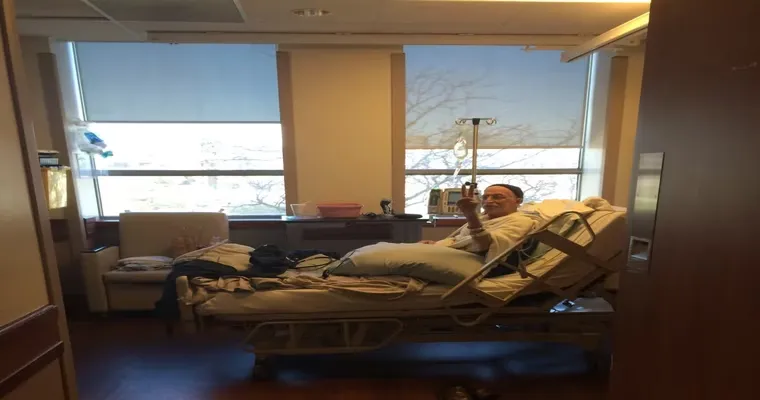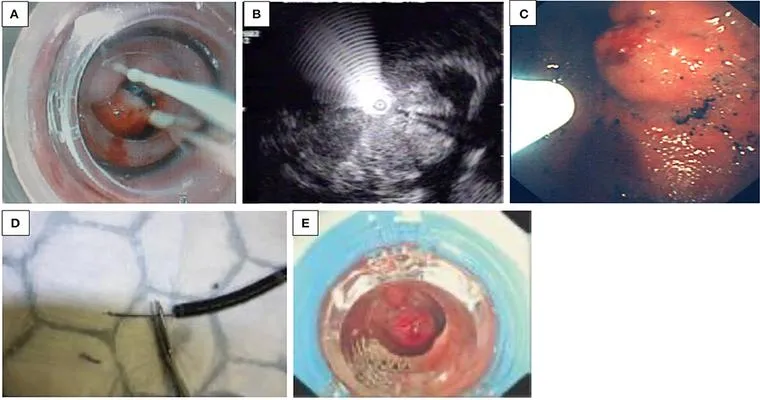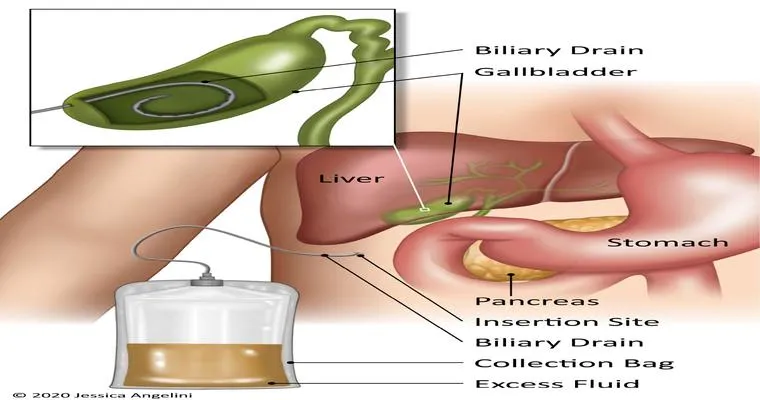Bringing "Dad home from the hospital" is often a moment filled with relief and joy. However, it can also bring unexpected feelings of "loneliness" and isolation. After spending time in a medical facility, many elderly patients can feel abandoned or disconnected once they return to their familiar surroundings. This transition can be challenging for both the patients and their families, making it crucial to address the emotional and social needs of those recovering at home.
As families, we must recognize the signs of "loneliness" in our loved ones. If Dad seems withdrawn, doesn't engage in conversation, or shows little interest in activities he once enjoyed, it may be a sign that he is struggling with feelings of isolation. The physical limitations that sometimes accompany recovery can make it difficult for him to reconnect with friends or participate in community activities.
To combat this "loneliness", consider creating a structured routine that includes social interactions. Regular visits from family members or friends can significantly improve Dad's mood and overall well-being. Scheduling daily phone calls or video chats can also provide him with a sense of connection to the outside world. Encourage friends and family to reach out, share stories, or simply check in to see how he’s doing.
In addition to social interactions, engaging Dad in hobbies he enjoys can help alleviate feelings of "loneliness". Whether it's gardening, reading, or watching his favorite shows, these activities can stimulate his mind and foster a sense of purpose. You can also introduce new hobbies that he might find interesting, like puzzles or crafts, which can provide both entertainment and a sense of achievement.
Another effective way to reduce "loneliness" is by exploring local resources. Many communities offer programs specifically designed for seniors, such as support groups or classes. These can provide opportunities for socialization and friendship with peers who understand what he is going through. Additionally, consider reaching out to local organizations or volunteer groups that can help facilitate visits or activities.
As a family member, it’s essential to keep the lines of communication open. Regularly checking in with Dad about his feelings can help you gauge his emotional state and address any concerns he might have. Sometimes, just knowing that someone cares and is willing to listen can make a world of difference in his recovery process.
In conclusion, while bringing Dad home from the hospital is a significant step towards recovery, it's essential to be aware of the "loneliness" that can follow. By fostering social interactions, encouraging hobbies, and utilizing community resources, you can help him navigate this challenging time. Remember that your love and support can be the key to lifting his spirits and ensuring that he feels connected and valued during his recovery journey.





